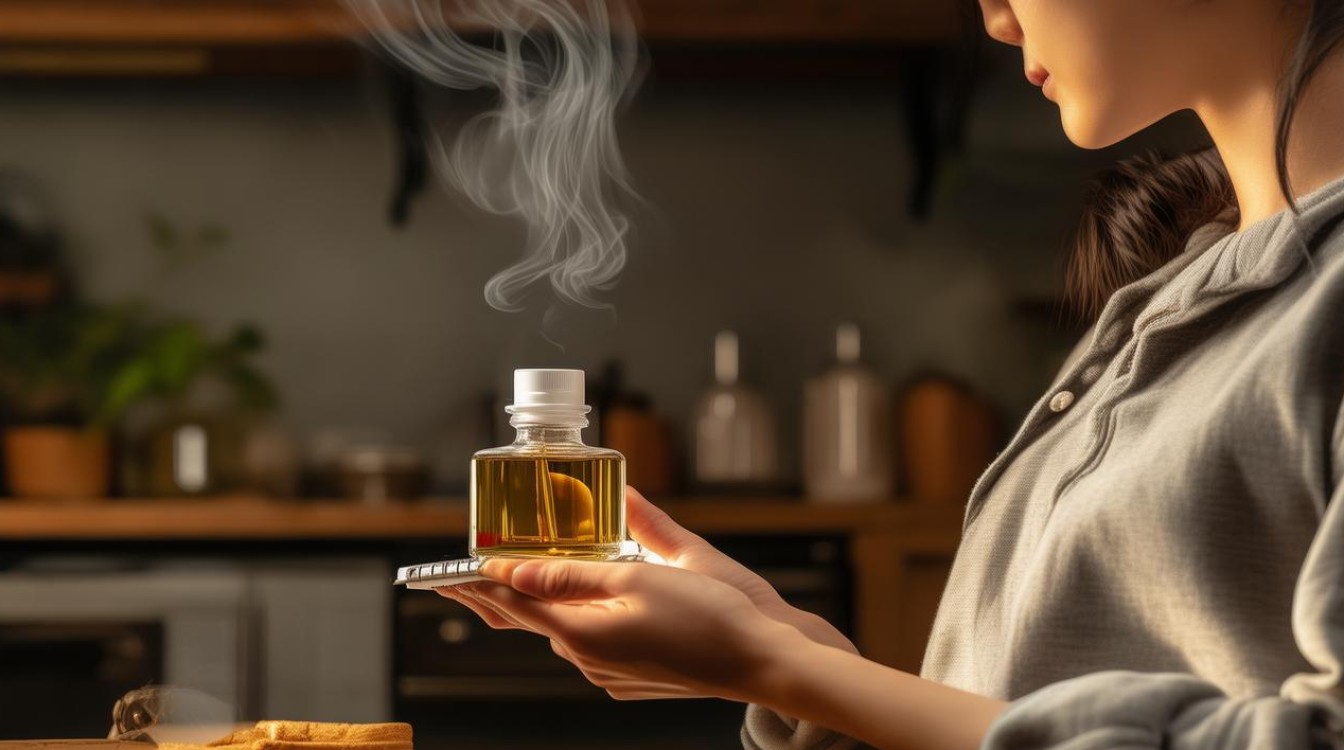The English language offers a rich vocabulary to describe scents and aromas, making it essential to choose the right word depending on the context. Whether you're discussing perfumes, food, or nature, understanding the nuances of these terms can enhance communication. Below, we explore the most accurate translations for "香味," along with related terms and usage examples.

Common English Translations for "香味"
-
Fragrance
- Definition: A pleasant, sweet smell, often associated with flowers, perfumes, or cosmetics.
- Example: "The fragrance of roses filled the garden."
- Usage: Typically used for delicate, floral, or artificial scents.
-
Aroma
- Definition: A distinctive, often pleasant smell, usually linked to food, coffee, or spices.
- Example: "The aroma of freshly baked bread was irresistible."
- Usage: Common in culinary and beverage contexts.
-
Scent
- Definition: A general term for any smell, whether natural or artificial.
- Example: "The scent of pine trees reminded her of winter."
- Usage: Versatile, applicable to both pleasant and neutral smells.
-
Perfume

- Definition: A fragrant liquid typically made from essential oils, used to impart a pleasant smell.
- Example: "She applied a light perfume before the event."
- Usage: Specifically refers to manufactured fragrances.
-
Bouquet
- Definition: A complex aroma, often used in wine tasting.
- Example: "The wine had a rich bouquet of berries and oak."
- Usage: Mostly used in oenology (wine studies).
Choosing the Right Word
The best translation depends on the source of the smell:
- Flowers, perfumes, cosmetics → Fragrance
- Food, coffee, spices → Aroma
- General natural smells → Scent
- Manufactured body fragrances → Perfume
- Wine or complex smells → Bouquet
Expanding Your Vocabulary
To describe "香味" more vividly, consider these synonyms:
- Redolence: A literary term for a pleasant smell.
- Odor: Neutral, but can be positive in scientific contexts.
- Whiff: A brief or faint smell.
Common Mistakes to Avoid
-
Using "smell" for positive scents

- Incorrect: "The smell of the flowers was nice."
- Better: "The fragrance of the flowers was delightful."
-
Confusing "perfume" with "fragrance"
- Perfume refers to a product, while fragrance is the smell itself.
-
Overusing "scent"
- While versatile, more specific words like aroma or fragrance can be more expressive.
Cultural and Linguistic Nuances
English speakers often associate certain words with particular experiences:
- Aroma evokes warmth and comfort (e.g., food).
- Fragrance feels elegant and refined (e.g., luxury products).
- Scent is more neutral and widely applicable.
Practical Examples in Sentences
- Fragrance: "The fragrance of jasmine lingered in the air."
- Aroma: "The aroma of garlic and herbs made the kitchen inviting."
- Scent: "The ocean breeze carried the scent of salt and seaweed."
- Perfume: "Her perfume had hints of vanilla and citrus."
- Bouquet: "The aged whiskey released a deep bouquet of caramel and smoke."
Final Thoughts
Mastering these terms allows for precise and engaging descriptions, whether writing product descriptions, storytelling, or everyday conversation. The right word can transform a simple statement into a vivid sensory experience.

For further learning, exploring English literature or fragrance-related content can deepen understanding. The key is practice—experiment with these words to see which fits best in different scenarios.
By expanding your vocabulary, you not only improve language skills but also enhance how you share experiences involving smell. Whether describing a gourmet dish, a blooming garden, or a fine perfume, the perfect word makes all the difference.


